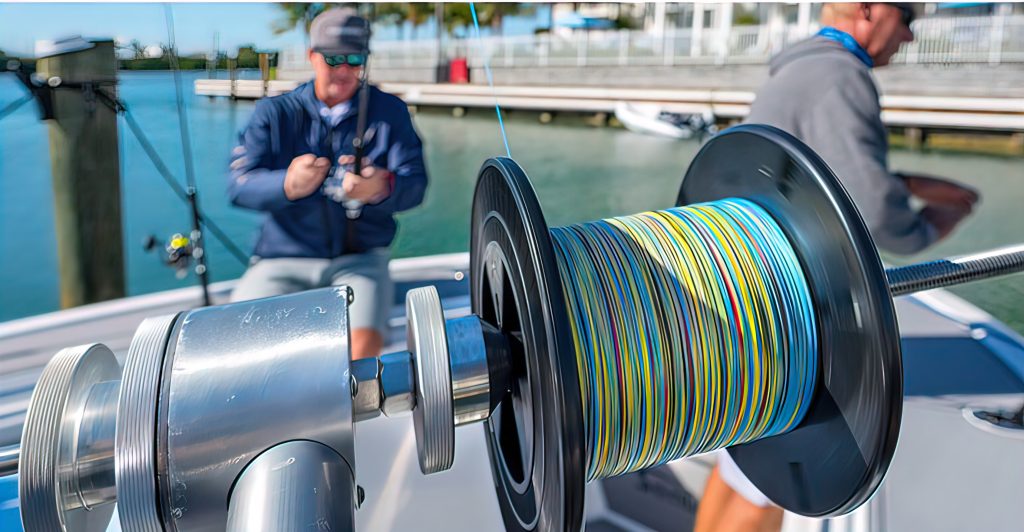Fishing is a sport that requires a lot of patience, skill, and attention to detail. One of the most important factors in fishing is choosing the right fishing line color. Many anglers believe that the color of the fishing line has a significant impact on their success in catching fish. In this article, we will discuss the importance of choosing the right fishing line color and how it can make a difference in your fishing experience.
Visibility in Different Water Conditions
The color of your fishing line can play a crucial role in determining its visibility in different water conditions. If you are fishing in clear water, it is best to use a clear or nearly invisible fishing line. This will make it harder for the fish to see the line and will increase your chances of catching fish. In murky or cloudy water, a high-visibility line is recommended. A bright color like yellow or orange will make it easier for you to see the line and detect any bites.
Matching the Color of Your Surroundings
Another reason why the color of your fishing line is important is that it can help you blend in with your surroundings. If you are fishing in clear water with a lot of greenery, it is best to use a green fishing line. This will help you blend in with your surroundings and make it harder for the fish to see you. If you are fishing in water with a lot of rocks or sand, a brown or tan fishing line is recommended. This will help you blend in with the bottom and make it less likely for the fish to detect your presence.
Attracting Fish
Did you know that the color of your fishing line can actually help attract fish? When targeting specific species like bass or trout, using a line with a certain color can make a difference. For example, a red fishing line is thought to be effective at attracting fish like bass because it resembles the color of their prey, such as crayfish or minnows. Similarly, a blue fishing line can be effective at attracting fish like trout because it mimics the color of the water they inhabit.
It’s not just the color of the line that can attract fish, either. Certain types of fishing line have special features that can help entice fish to bite. For instance, some lines are designed to reflect light in a way that mimics fish scales, while others are scented to mimic the smell of bait fish or other natural prey.
Keep in mind that attracting fish isn’t just about the color or type of line you use – it’s also about presenting your bait or lure in a way that looks appealing to the fish. By experimenting with different colors, types of line, and presentation techniques, you can increase your chances of attracting the fish you’re after.
Different Types of Fishing Lines
There are different types of fishing lines available, each with its own unique color options. Monofilament lines are the most common type of fishing line and are available in a variety of colors. Fluorocarbon lines are nearly invisible in water and are best suited for clear water conditions. Braided lines are known for their strength and durability and are often used for deep-sea fishing.
Final Thoughts
Choosing the right fishing line color can make a significant difference in your fishing experience. Factors like water conditions, surroundings, and the type of fish you are targeting should all be taken into consideration when selecting a fishing line. It is important to experiment with different colors and see what works best for you. Remember, fishing is a sport that requires patience and practice, so don’t get discouraged if you don’t catch anything right away. With the right equipment and a little bit of luck, you’ll be catching fish in no time.

